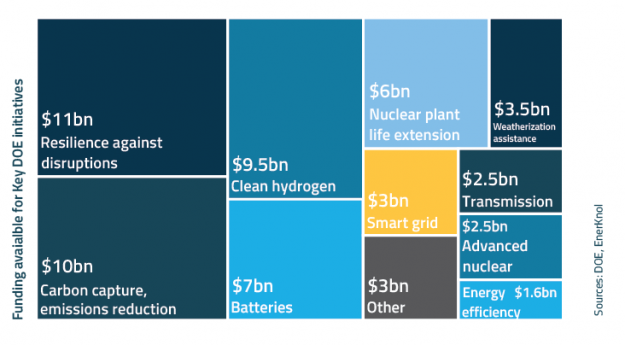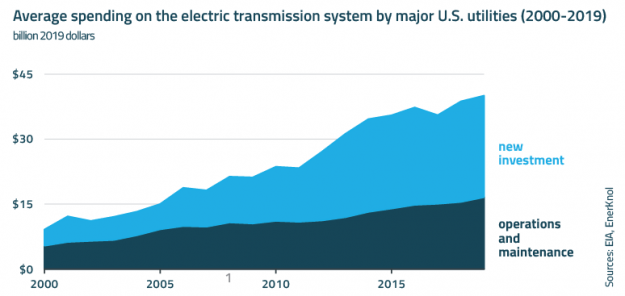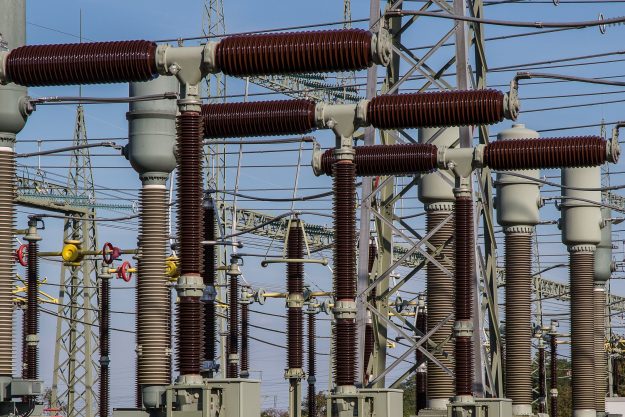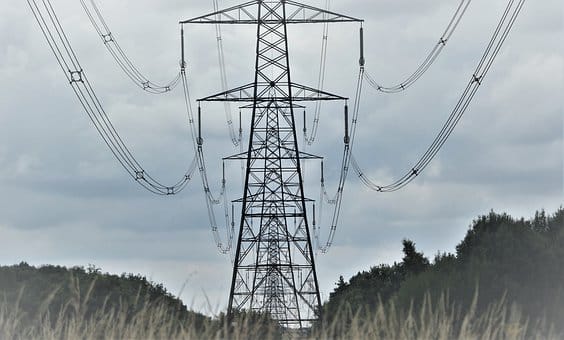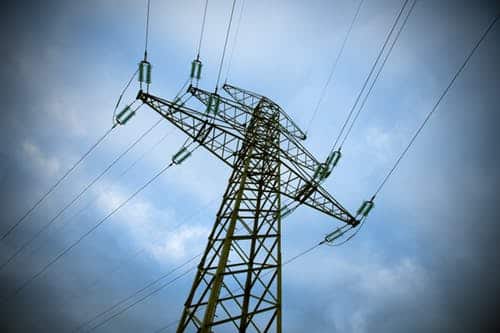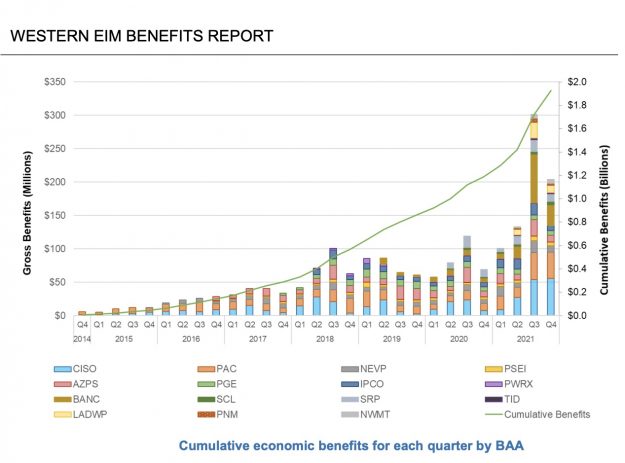Visual Primer: Follow the Money – Infrastructure Disbursement Machine Takes Shape
The Infrastructure Investment and Jobs Act (IIJA), which represents the largest investment in U.S. infrastructure, includes major provisions important to the energy industry, ranging from building out the first national network of electric vehicle (EV) charging stations to modernizing the electric transmission grid and expanding clean energy.
